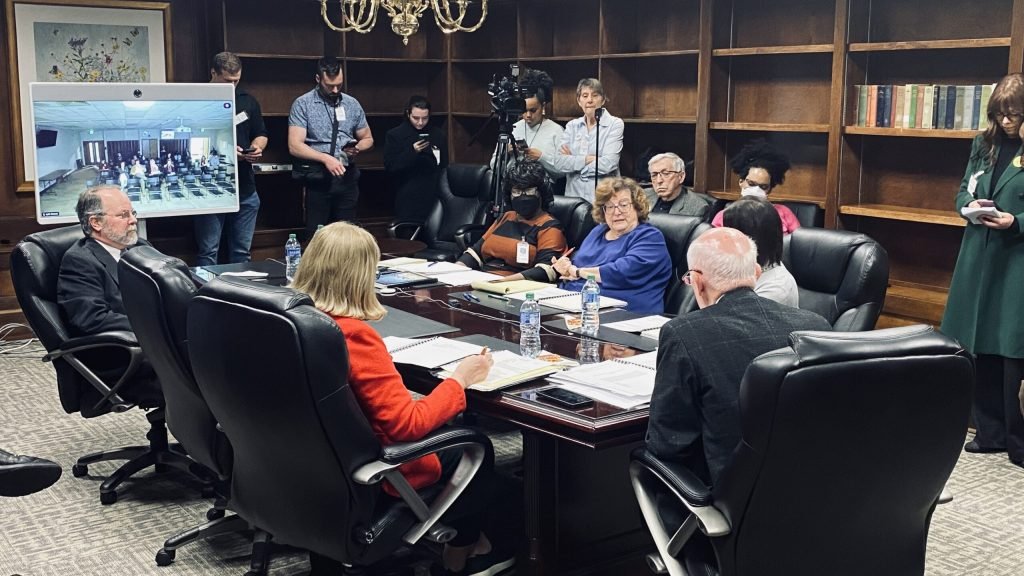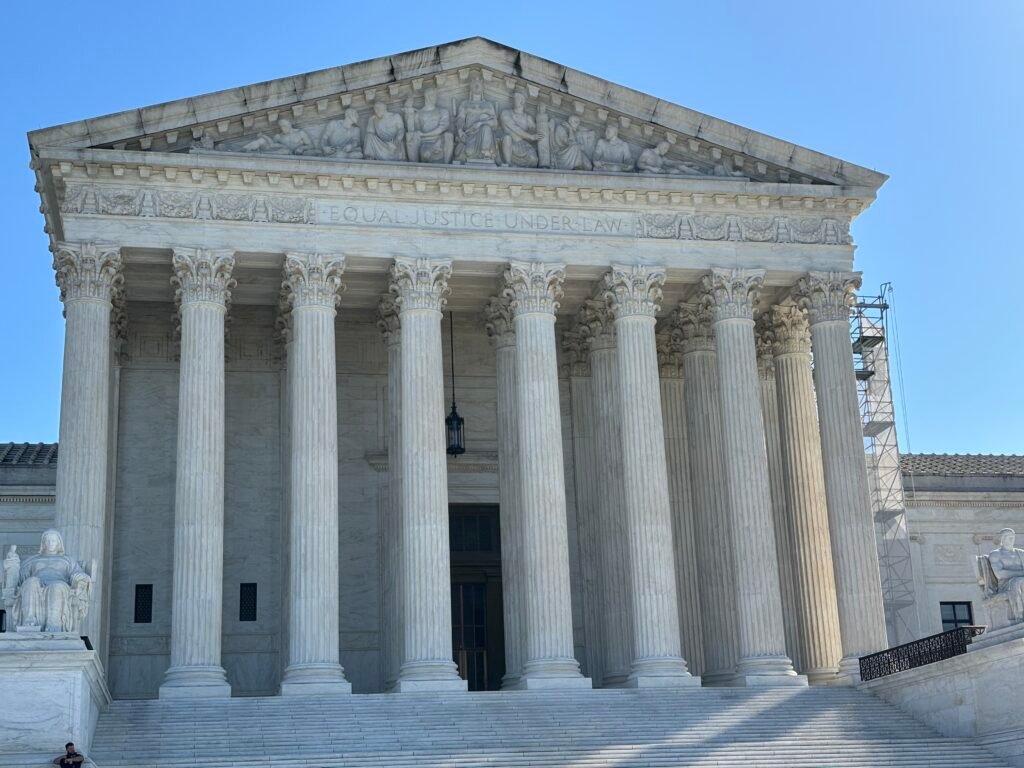A public comment session begins today on Governor Kay Ivey's proposed changes to the Alabama Public Library Service Code, with 90 days of public comment leading up to a public hearing on April 30th.
That schedule doesn't sit well with Rep. Susan DuBose, R-Hoover, who criticized the APLS board for not moving the process along more quickly during public comment at Tuesday's meeting.
“Your non-compliance with approving guideline changes directly impacts the ability of local libraries to secure state funding,” DuBose told the board. “The timing here is concerning. We don't know when this process will be completed and whether libraries will have time to submit changes to the guidelines to be eligible for funding.”
It wasn't clear what DuBose meant by local libraries not having time to submit changes in time to qualify for funding. Libraries are currently eligible for state aid under existing governing laws and do not need to add new policies to become eligible until such rules are enacted. It was actually adopted as law.
Dubose told APR after the meeting that local libraries should develop policies that align with Ivey's proposed changes and that Congress is under no obligation to fund libraries. However, this is different from individual libraries not being eligible because they do not implement the required policy because the proposed changes to their code have not yet been implemented.
DuBose also said the agency may be dragging its feet in making the changes, even though the board told her the changes would have to go through the Legislative Services Agency, and that the November She further emphasized her point that the next publication date after the board meeting could be in January. 31.
“The bottom line is it was approved by the board on Nov. 16,” APLS Board Chairman Ron Snyder told DuBose. “My understanding is that this was the first publication date available.”
Dubose also questioned whether the agency could have chosen a shorter public comment period for the proposed changes. She told APR she had hoped the process would have moved faster so that the changes could be implemented before or during the legislative session, when lawmakers decide on budgets and bills.
The proposed changes have drawn criticism from advocates for the Constitution Library, who say the language supports censorship efforts. The Alabama Library Association filed a counterproposal Tuesday that includes alternative amendments to the code that focus on parents supervising their children and determining which materials are appropriate for them and which are not.
The board also voted Tuesday to withdraw from the American Library Association. This was a surprising move, even though many expected the board to leave at its previous meeting. Board member John Wall, who is also chairman of the Alabama Republican Party, pushed for the dissolution, citing concerns that the association was “promoting Marxist agendas.” Wahl was absent Tuesday.
The board had decided at its previous meeting to defer its decision until its March meeting, when the current membership expires. But board member Angela Stokes said Tuesday that membership has become a “distraction,” and four current board members voted not to renew their memberships.
Hannah Reese, executive director of Clean Up Alabama, told the board that while the vote is a step in the right direction, ending membership alone is not enough.
“The public and Congress have called for a complete severance of ties with ALA. It's not just about not re-registering or not renewing membership, it's about severing ties,” Reese said. “For us, this includes finance, training, advocacy, programming, and certification. All of the above.”
Reese said ALA is influencing advocacy and policy for local libraries, but several local librarians told APR that ALA doesn't have much to offer, even though they value ALA's resources. He said he doesn't depend on it much.
Matthew Lane, president of the Alabama Library Association, said he was a little disappointed in the decision to leave ALA, but said it would not have a major impact on local libraries.
The board also approved a resolution recognizing Virginia Doyle's years of service, but Ivey resigned from the board after the November meeting after Doyle criticized threats against state funding for libraries. He was dismissed. Doyle served on the APLS Board of Directors for more than 20 years in total.
The board quickly addressed the list of inappropriate books, but the board has not taken a position on it and is collecting it as a resource for librarians. The list currently includes 83 books, including 25 to 30 books on Clean Up Alabama's inappropriate books list, and a number of Amish romance novels, as well as Rush Limbaugh's series of children's books and Also included are Christian nonfiction books that deal with divorce, sex, and sexual identity.
APLS also conducted a survey of public libraries across the state to see how challenges are impacting libraries. Of the 84 respondents, she was one of only eight who said they were facing challenges. Among the eight libraries, 131 books were challenged.
“I think what this shows is that most local libraries don't see this as an issue as much as we sometimes think it's an issue,” Snyder said.
Anyone interested in the proposed changes to the Administrative Code is invited to share public comments.
Written comments should be mailed or hand-delivered to Vanessa Carr, Alabama Public Library Services Executive Director, 6030 Monticello Drive, Montgomery, AL 36117.
Written comments must be received by Alabama Public Library Services by April 29, 2024 at 4:30 PM CST. A public hearing will be held on April 30, 2024 at 10:00 a.m. Central Standard Time at the above address. Requests for oral comments should be directed to: [email protected] No later than 4:30 p.m. on April 29, 2024. The order of oral comments will be determined based on the date the request was received in APLS. Verbal comments will be limited to three minutes.
















